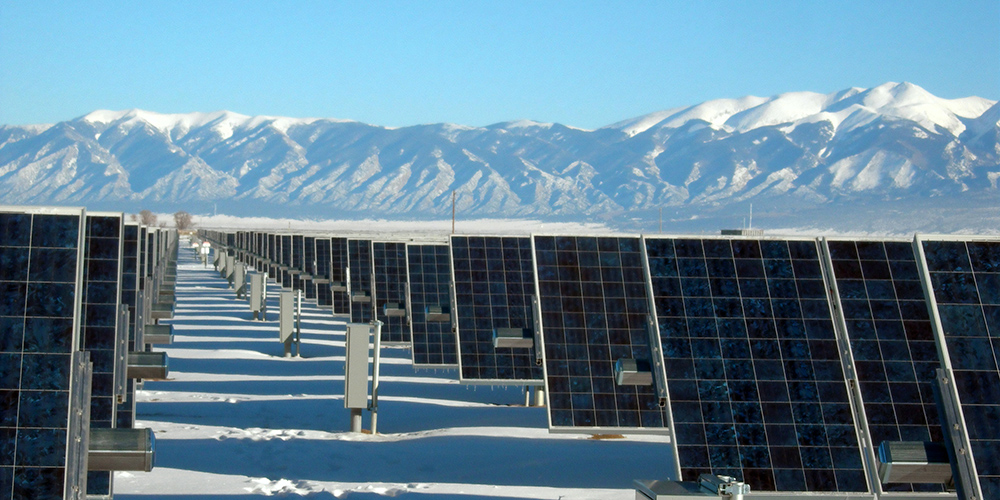
Erik Berglöf is currently the Director of the Institute of Global Affairs at the London School of Economics, Treasurer of the International Economic Association, and former chief economist at the European Bank for Reconstruction and Development.
Both COVID-19 and climate change are global emergencies– how can we tackle climate change with the same urgency, while ensuring a stable economy?
Tackling climate change is about two very different sets of interventions – those that mitigate carbon emissions, and those who encourage adaptation. Mitigation is an additive good – everyone’s contribution matters. It’s global and has no boundaries. Adaption on the other hand, is a local public good. A lot of adaptation is private, and pertains to what we do in our own private lives. A pandemic requires an even wider range of public goods at many different levels. Containing a pandemic requires strengthening the weakest links – in an individual hospital, a local community, a country, or the world.
It is in everyone’s interest to urgently invest in weaker health-care systems, which must be able to handle not only the imminent flood of cases, but also be prepared for future waves of COVID-19 and similar viruses until we have a found a vaccine. All these elements – fighting the virus, strengthening health care systems and finding vaccines – require different types of public goods.
As countries struggle to contain and treat the outbreak, will the virus weaken global investments in clean energy and other climate friendly initiatives in the long term?
Of course, we should try to also take into account climate change issues, but we’re talking about life and death in the short term, so obviously we need to respond to the medical emergency first. We need to get the immediate emergency under control. Leaders have been focusing on their own populations at the moment – that is understandable. We now need to build a global response to ensure that we save lives and reduce economic impact in the emerging and developing world. It is even in our own self-interest as the virus otherwise is likely to become endemic in places and come back to re-infect us.
The next phase will be creating a climate friendly COVID19 response – “tilting to green” as we find our way out of the pandemic. A small silver lining to this pandemic is that it might actually build some support for more drastic measures to improve the environment. I think that people will reassess the need to travel, and re evaluate their private consumption in light of this. We will change how we work, the way we do things, the way we socialise and so on.
How can we work together across disciplines to not only create this “new normal,” but to continue to realise the sustainable development goals?
The whole SDG agenda will be with us as we try to build solutions to this pandemic. I am convinced of that. There are very important connections between these different challenges. For example, let’s look at the MERS epidemic in the Middle East – the spread of the virus itself was highly connected to climate. We know that the Covid-19 pandemic will have an impact on a myriad of different issues, such as migration and even financial stability. That’s the kind of systemic thinking behind the sustainable development goals. I hope that there will be a push in that kind of thinking from this experience.
There are huge opportunities to push the SDG agenda, which is a major upside to this crisis in the global health field. There is an incredible collaboration across borders – from the rapid response of Chinese scientists putting up DNA and gene sequencing information on the virus, to the constant output of ideas from portals, to scientific journals, to pushing the speed of publications. All of those things are fantastic and they work across many different disciplines. For example, I am suddenly finding myself working with global health professionals much more than I ever have before. In the past I have mainly been involved in collaboration across the social sciences, but I am now a part of two groups promoting a broader exchange between social sciences and global health. The international collaborations across disciplines on Covid-19 are a beautiful illustration of how interrelated we all are, and how we can all work together to address complex global challenges.
The ISC sees the COVID-19 pandemic as a moment to identify and reflect on knowledge gaps across the scientific community, and global challenges brought into sharper focus by the present emergency, as well as the medium- to long-term actions to address these.
Click here to access the International Science Council’s Global Science Portal. The portal shares scientific commentary and analysis and provides access to information on various initiatives, highlighting the scale and scope of response and encouraging ISC members and partners to collaborate and share best practices during this global emergency. Click here to read further about the ISC’s Action Plan, and in particular, our projects centred around the 2030 Agenda for Sustainable Development.
Photo by Science in HD on Unsplash